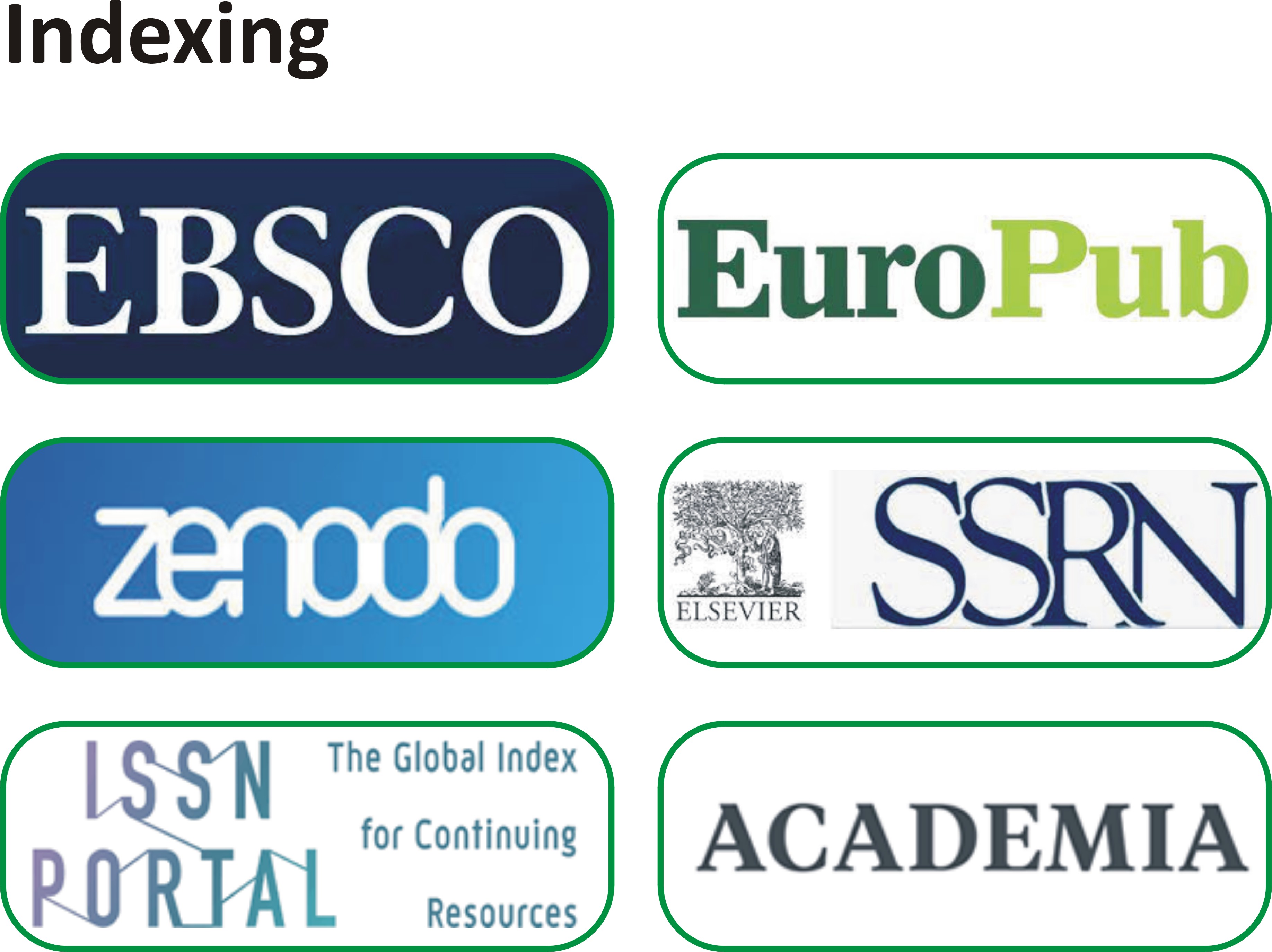The Role of Self-Efficacy in Predicting Psychological Well-Being and Physical Recovery among Patients with Burn Injuries in Peshawar, Pakistan
Abstract
Burn injuries are among the most physically and psychologically challenging traumas, profoundly affecting individuals’ ability to cope, recover, and maintain their quality of life. This study aims to assess the self-efficacy, emotional regulation, and resilience of burn survivors, highlighting the impact of these factors on their recovery. A total of 370 burn patients participated in this study, completing the General Self-Efficacy Scale, which assessed their ability to handle difficulties, solve problems, and manage emotional challenges.The results reveal that a significant portion of burn survivors report low self-efficacy in several domains, with 87.3% of respondents indicating difficulty in solving difficult problems. Only 2.7% of survivors reported confidence in overcoming opposition, and more than 70% struggled with goal-setting and persistence. Specifically, over 79% of respondents expressed a lack of confidence in handling unexpected events, and 70.5% felt unprepared to manage unforeseen situations. This lack of resourcefulness and emotional regulation was further evidenced by the 54.1% of participants who struggled to remain calm in challenging situations.Self-efficacy in problem-solving was notably low, with 81.3% of participants reporting difficulties in finding multiple solutions to problems, and 68.6% feeling incapable of finding solutions when in trouble. The overall findings suggest that burn survivors experience a profound sense of inadequacy in navigating their recovery, highlighting a critical need for interventions aimed at boosting self-efficacy, resilience, and emotional regulation.The implications of these results underscore the importance of comprehensive psychological and emotional support during burn recovery. Strategies such as resilience-building programs, emotional regulation training, and problem-solving interventions are essential for improving survivors’ ability to cope with the ongoing challenges of burn rehabilitation and enhancing their quality of life.







